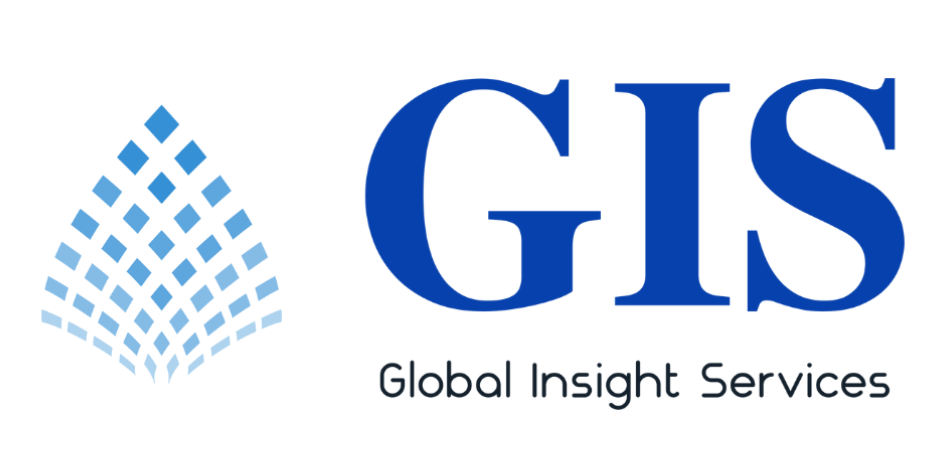Antihyperlipidemic Drugs Market : Cardiovascular diseases (CVDs) are a leading cause of mortality worldwide, with hyperlipidemia (high levels of lipids in the blood) being a major risk factor. Antihyperlipidemic drugs play a crucial role in managing lipid levels and reducing the risk of heart-related ailments. In this article, we will explore the dynamic landscape of the antihyperlipidemic drugs market, examining key trends, innovative therapies, and their pivotal role in promoting cardiovascular health.
The Antihyperlipidemic Drugs Market: A Growing Necessity
The global antihyperlipidemic drugs market has been witnessing significant growth due to several factors, including lifestyle changes, increasing awareness of heart health, and advancements in drug therapies. As of 2021, the market was valued at approximately $14 billion, and it is projected to reach over $20 billion by 2026, with a compound annual growth rate (CAGR) exceeding 6%. Several factors contribute to this robust expansion.
-
- Rising Cardiovascular Disease Rates: The increasing prevalence of CVDs, including coronary artery disease and stroke, has driven the demand for antihyperlipidemic medications.
- Lifestyle Factors: Sedentary lifestyles, unhealthy diets, and obesity contribute to elevated lipid levels, necessitating pharmaceutical interventions.
- Innovative Drug Therapies: Ongoing research has led to the development of novel antihyperlipidemic drugs with improved efficacy and reduced side effects.
- Preventive Healthcare: The emphasis on preventive healthcare has encouraged individuals to seek lipid-lowering medications to manage risk factors.
Key Market Segments
The antihyperlipidemic drugs market can be segmented based on various parameters:
-
- Type of Lipid-Lowering Medication: This includes statins, fibrates, bile acid sequestrants, PCSK9 inhibitors, and combination therapies.
- Patient Demographics: Medications are prescribed based on patient age, gender, genetic factors, and overall cardiovascular risk.
- Therapeutic Indications: Drugs are used for primary prevention (lowering lipid levels in at-risk individuals) or secondary prevention (reducing the risk of recurrent cardiovascular events).
- Sales Channel: Medications are distributed through hospital pharmacies, retail pharmacies, and online pharmacies.
Challenges and Future Prospects
While the antihyperlipidemic drugs market is flourishing, it faces several challenges:
-
- Adherence to Treatment: Maintaining patient adherence to long-term medication regimens can be challenging.
- Side Effects: Some lipid-lowering drugs may have side effects, and their tolerability varies among individuals.
- Cost of Medications: The cost of newer antihyperlipidemic drugs can be prohibitive for some patients and healthcare systems.
- Lifestyle Factors: Encouraging lifestyle changes, such as diet and exercise, alongside drug therapy is essential for effective management.
The future of the antihyperlipidemic drugs market is promising:
-
- Personalized Medicine: Advancements in genetics and pharmacogenomics will enable tailored lipid-lowering therapies based on an individual’s genetic makeup.
- Emerging Therapies: Ongoing research into novel drug targets, including RNA-based therapies, offers new treatment options.
- Digital Health Integration: The integration of digital health tools, such as mobile apps and wearables, will facilitate better patient monitoring and medication adherence.
- Global Awareness: Increasing awareness of the importance of lipid management in cardiovascular health will drive demand for these medications.
The antihyperlipidemic drugs market plays a vital role in preventing and managing cardiovascular diseases, which remain a significant global health concern. As the pharmaceutical industry continues to innovate and develop new lipid-lowering therapies, patients and healthcare providers have more options to tailor treatment to individual needs. However, addressing challenges related to adherence, side effects, and affordability will be essential to ensuring that these medications reach those who need them most. In an era where heart health is paramount, antihyperlipidemic drugs are a cornerstone of cardiovascular disease prevention and management, helping individuals break down barriers to a healthier heart.
Download Free PDF Sample Report : https://www.globalinsightservices.com/request-sample/GIS24781

